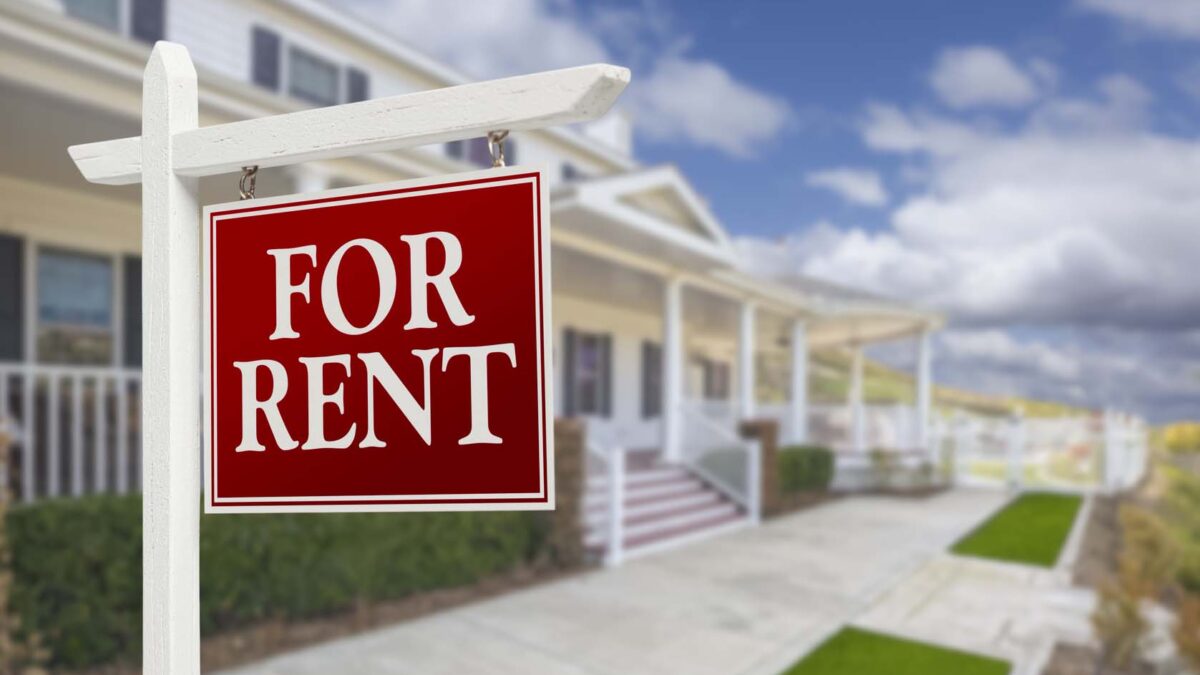
Why Buy General Liability Insurance?
March 13, 2019
First Impression Should Be The Best Impression
March 28, 2019Many Landlords are shocked to hear that their Homeowners Insurance Policies will not cover a home that is tenant occupied! What is Rental Home Insurance?
Facts about Insuring Rental Homes
Residential 1 – 4 Unit Dwellings which are tenant occupied should be insured by a Personal Lines Landlords Policy; mortgage companies refer to all sorts of property insurance as ‘Hazard Insurance’; many property owners refer to policies as ‘Fire Insurance’; the Insurance Industry sometimes refers to policies as ‘Dwelling Fire Insurance’! The most important item is that the home must be insured as a Tenant Occupied Dwelling if rented out.
Residential 5 + Unit Dwellings must be insured on a Commercial Lines Habitational Form. The Insurance Industry follows the Mortgage Industry in this respect; 5 Units and larger belong in the Commercial Department, this is a simple fact which is never deviated.
Rental Home Insurance, Landlords Insurance, Dwelling Fire Insurance or Unit Owner Insurance all revert to the same thing referred to as Hazard Insurance by mortgage companies. The bottom line is the property owner must understand the risk at hand and be assured that the selected policy covers both the Physical Building Risk as well as the Liability Risk for the subject property.
Property owners with residential real estate rented to tenants face the risk of loss from numerous scenarios that could result in damage and financial loss. Common risks include fire, smoke, lightning, water damage, windstorm and hail. It is common to find single family homeowners who have purchased a new home with the idea of renting out their prior home; many of whom don’t reach out to consult an insurance professional and for whatever reason, do not solicit the advice of a real estate professional. The raw truth is that Homeowners Insurance Policies contain an occupancy clause stating that change of occupancy must be reported to the insurance company within a reasonable amount of time; also the policy contract contains definitions explaining that a Homeowners Insurance Policy is defined as insurance provided for the Primary Residence of the Titled Owner at the insured address.
Insurance companies often receive telephone inquiries from property owners asking whether Homeowners Insurance or Landlords Insurance would be cheaper! The correct answer to such a question would be: ‘The Cheapest Way Out is not to pay the premium at all!” After all, insurance policies are designed to protect the insured from financial loss in the event of a covered occurrence; if the incorrect form of insurance is purchased, it wouldn’t be prudent to believe that the property owner would be covered should a loss occur.
Why buy Rental Property Insurance?
Landlords Insurance is purchased to protect property owners against a variety of perils; the most common of these perils include the following:
- Fire and Smoke Damage
- Lightning Strikes
- Vandalism
- Water Damage
- Sprinkler Leakage Damage
- Damage Caused by Windstorms or Hail
- Sewer or Drain backups
- Bodily Injury on the premises
- Loss of Rents due to a covered loss
As coverage does vary between providers and different policy contracts, it is imperative to review the specific policy form before assuming that coverage applies.
Buying a Rental Property
Although it is commonplace to conduct an appraisal and an inspection on the property in question; it is absolutely essential early in the process to obtain a copy of the National Claims Database report for the property. There have been issues where a prospective property owner is unable to secure the desired insurance on a property due to either prior claims history, geographic hazards or simply the fact that the property may require an extraordinarily high risk insurance for protection of the investment.
As an example of risk, there are areas in the country where Flood Insurance is required before purchasing Dwelling Insurance; at the same time, if the property is in a hazardous high wind area, the insurance company may exclude wind thereby causing the property owner to purchase ‘Wind & Hail Insurance’ which may be available through a high risk wind pool. Another high risk example may be purchasing a property in California close to a Brush Fire Hazard Area where most likely Preferred Insurance Carriers will not accept the dwelling. It is important to conduct the due diligence early in the purchase process and all these answers could possibly be uncovered by simply requesting a quotation and some basic information.
What is Renters Insurance
Renters Insurance is not purchased by the property owner; it is a policy form commonly sold to a tenant to cover personal belongings and offer personal liability coverage for the tenant. It is becoming more common for landlords to require Renters Insurance from tenants naming the landlord as an ‘Additional Insured’ in order to provide an additional layer of protection in the event the tenant is liable for damage to the dwelling unit.
Renters Insurance is the most affordable policy form available; lease agreements will exclude any responsible for the tenant’s property. In the event of a fire, water damage or theft, the tenants personal property would be uninsured without this valuable protection.

